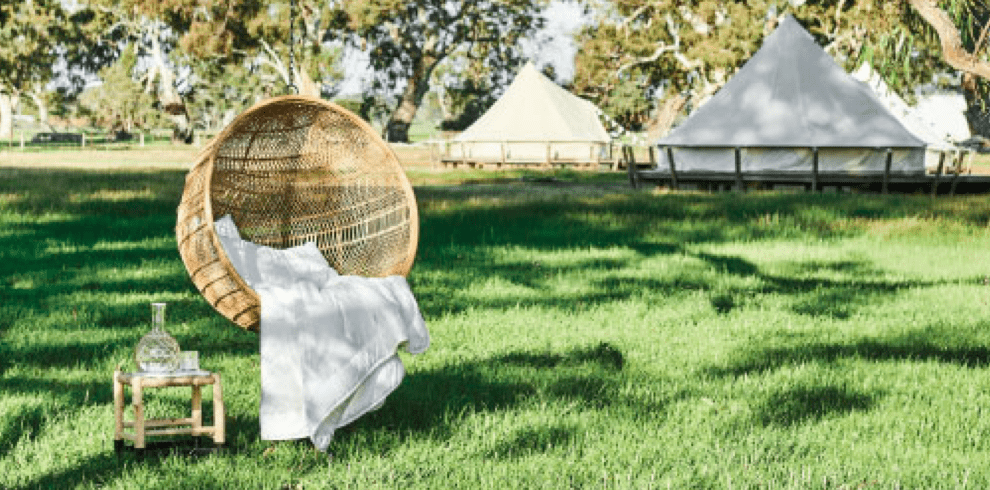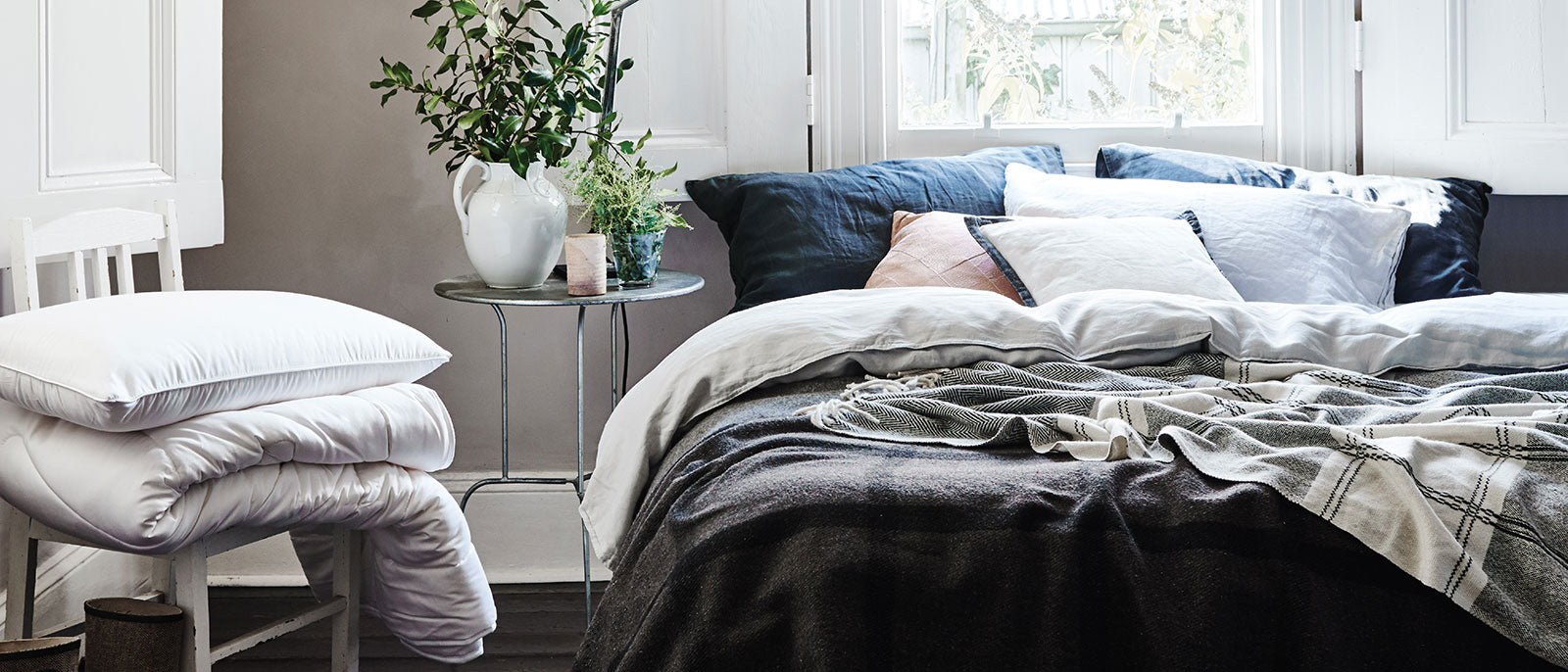Time for a nap? When that mid- afternoon slump descends, it is always a toss-up – coffee or snooze? While a quick ’40 winks’ is an option for some, for others either decision can leave you awake staring at the ceiling long after the sun has set.
In certain circumstances, a nap can be beneficial. A nap can increase alertness, improve performance, and even enhance mood - all positives that will leave you better able to cope with your day.

When is a nap beneficial?
- When you are experiencing short-term, poor quality sleep that is impacting your daily activities.
- When you know that you are going to be up late, for example if you are working night shift or were up late the previous night.
- When you begin to feel drowsy and need to ‘keep going’ for instance on a long drive.
- When you have been unwell and need extra sleep for recovery.
- Children need more sleep than adults and naps play an important part in their overall sleep routine.
Tips for a good nap
- Keep it short - 15-30 minutes is recommended as the optimum nap time. A shorter time is not restful and sleeping longer may cause you to feel groggy when you waken.
- Set an alarm to prevent you oversleeping.
- Nap earlier in the day to minimise the impact on your evening sleep. If you need to nap regularly, napping at the same time can helpful.
- Nap in a cool, quiet place. Use an eye mask if you are unable to darken the area.
- A short walk when you wake will quickly reduce any risk of disorientation.
A nap is the perfect way to refresh and recharge but is no substitute for deep uninterrupted night-time sleep. Visit MiniJumbuk for hints and tips on how to achieve a better night’s sleep.
You can find further information on napping at the Sleep Health Foundation













































